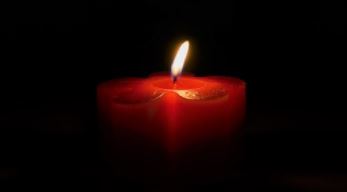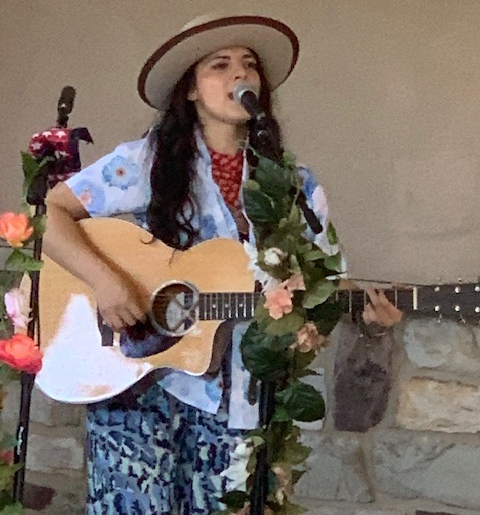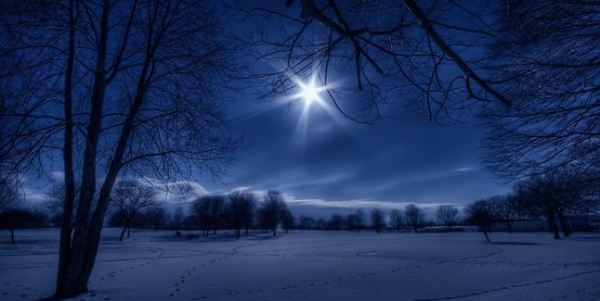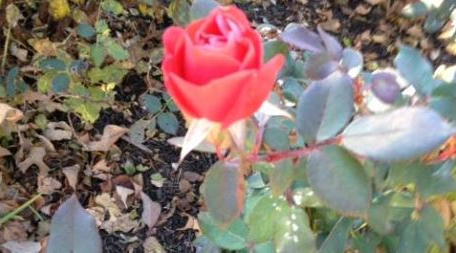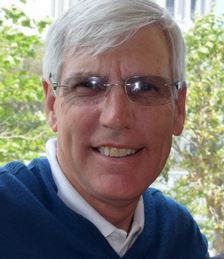When asked whether poetry still matters today, poet, publisher, activist and cofounder of City Lights bookstore in San Francisco, Lawrence Ferlinghetti, told an interviewer that, hell yes, it matters.
Poetry, Ferlinghetti said, is “all the disparate elements of the new civilization, the new culture of the 21st century. One of these days,” he continued, “the brew is going to coalesce into a marvelous new intoxicating liquor.”
Intoxicating indeed. For poetry has always been about evolution and revolution, whether of society or of the spirit. And as Ferlinghetti, who passed away yesterday at age 101 noted, it has always been, and will likely always be, the youth in society who take up the torch and carry it forward.
Ferlinghetti knew of whence he spoke, having nurtured generations of poets and writers including, in the early years, counterculture creatives such as Allen Ginsberg, Neil Cassady and Jack Kerouac among others.
The articulation of a new ecological and spiritual consciousness, Ferlinghetti observed, came out of the youth rebellion. And for decades they came to his bookstore and literary meeting place on Columbus Avenue in San Francisco, Beats, then Hippies, and generations that followed.
He participated in and helped foment a revolution in consciousness, publishing Allen Ginsberg’s, “Howl, one of the 20th Century’s most famous poems, which led to Ferlinghetti’s arrest for “willfully and lewdly” publishing “indecent writings”.
In Ferlinghetti’s view, poetry was insurgent art, as described in his 2007 work by the same name.
“Poetry as Insurgent Art”
I am signaling you through the flames.
The North Pole is not where it used to be.
Manifest Destiny is no longer manifest.
Civilization self-destructs.
Nemesis is knocking at the door.
What are poets for, in such an age?
What is the use of poetry?
The state of the world calls out for poetry to save it.
If you would be a poet, create works capable of answering the challenge of apocalyptic
times, even if this meaning sounds apocalyptic.
You are Whitman, you are Poe, you are Mark Twain, you are Emily Dickinson and Edna
St. Vincent Millay, you are Neruda and Mayakovsky and Pasolini, you are an American
or a non-American, you can conquer the conquerors with words….
These last few years, Ferlinghetti’s words seem especially prescient. “Civilization self-destructs,” and, “Nemesis is knocking at the door.” So, we look to those who would be poets, capable of answering the challenge of apocalyptic times. We need them to reconcile the disparate elements of the new civilization and “conquer the conquerors with words….”
